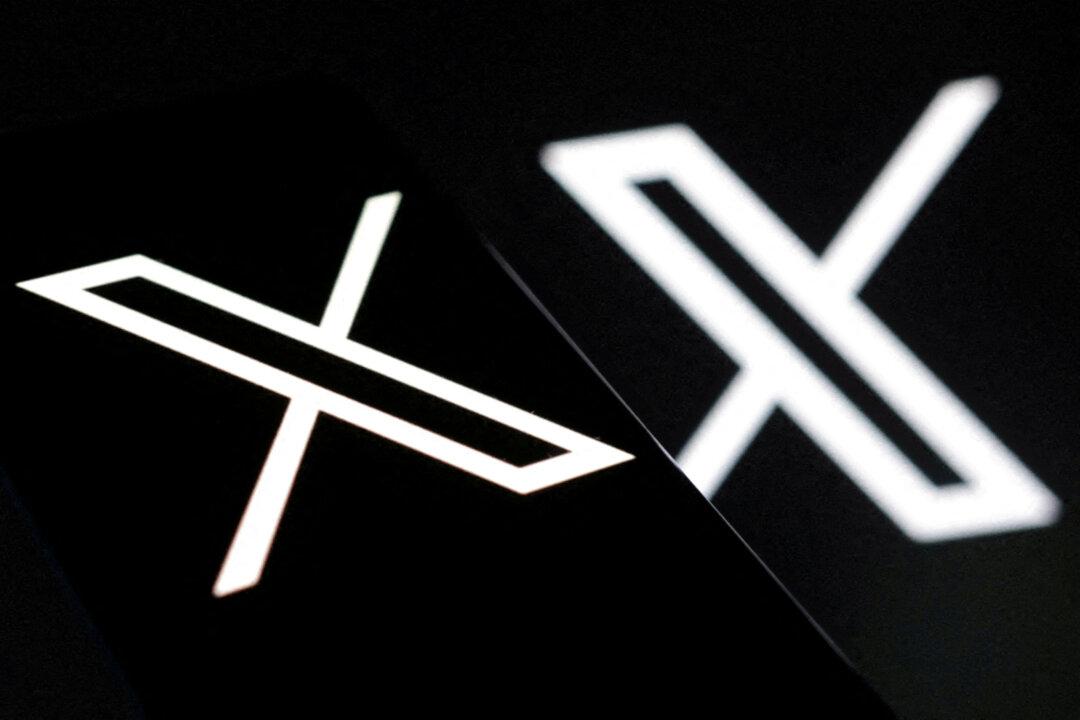A court order will allow some copyright infringement complaints against X Corp., formerly known as Twitter, by some of the largest music publishers in the industry to proceed. Judge Aleta Trauger also dismissed some of the original complaints against the company.
In a detailed memorandum, the court partially granted and partially denied X Corp.’s motion to dismiss the copyright infringement case brought against it by the plaintiffs.





